Maddie Trobridge
Maddie Trobridge - Registered Associate Nutritionist (ANutr) and Personal Trainer (Level 3),
Maddie is further upskilling this year by returning to study an MSc in Sports Nutrition.
This month she spoke to the Health & Wellbeing team on ways to keep motivated to move and how she stays properly fuelled for exercise.
Tell me a bit about yourself and how you became interested in sport and exercise?
Maddie: I’ve always been very “accidentally” active – growing up with horses and dogs in the countryside meant I was always on-the-go, cycling everywhere. I also played tennis (badly) and swam for the county (slowly, unfortunately) when I was at school. I think I realised how important exercise and nutrition was when I was at uni when it suddenly became a much more conscious choice, and got my MSc in Human Nutrition in 2016, followed by my Level 3 Personal Trainer qualification soon after. I’ve been a registered nutritionist for 5 years, and I’m now back at uni studying for my MSc in Sports Nutrition, which brings together my love of both areas. I’m still no good at sports - I play netball (also badly) and I’m training for a half marathon – but fortunately lots of people are much better than I am, and I love being able to play a role in helping athletes get the best out of their performance through nutrition.
What are your favourite exercises to do when you want to feel relaxed?
Maddie: This completely depends – I personally find I prefer more “active” exercise if I’m feeling a little more stressed, I love going for a run to get out the house and burn off steam. Team sports are great when you want to get out and be around friends, you tend to not even notice you’re exercising. Yoga or a walk are my go-to’s when I need something a little more gentle.
Do you have any advice for people who struggle to find the motivation to exercise?
Maddie: Following an exercise plan is great if you’re working towards a goal. However, I think it’s important to remember that sometimes life gets in the way, and this is something we should try and work around, not let it work against us. If you find a structured plan difficult to adhere to, let your exercise be more intuitive. If you get home and feel like you need some alone time to decompress, doing some yoga or going for a walk might be better than going spinning. If your plans change and you can’t make the gym after all, just pick it back up tomorrow. If getting up and going for a run every morning doesn’t sound appealing, plan to go for a walk instead – you’re more likely to stick to this and get out the door, you could always turn it into a jog when you get out there. Any movement is better than no movement at all, do what you can, when you can. I find changing the approach is really helpful, and can help you to view exercise as something you want to do rather than something you have to do. Conscious exercise is different for us all, comparison has made us believe we should all be going flat-out every day, let your motivation be personal to you.
How important a role does nutrition play when it comes to our exercise regime?
Maddie: Nutrition is important for our overall health, regardless of whether we’re just starting out with exercise or training for an ultra-endurance event, and it compliments any form of exercise we’re doing. However, if we’re working towards a performance or body-composition goal, nutrition goes hand-in-hand with our exercise regime, and should be given equal consideration as the exercise itself. If our bodies are the vehicle, food is the fuel. Eating well to support performance – in whatever context this means for you – means more efficient training sessions, faster and bigger improvements in performance, improved recovery, and reduced stress on the body. Neither aspect needs to be perfect all the time, but small improvements over time can lead to significant differences.
How do you fuel and hydrate to prepare for and recover from exercise?
Maddie: Balance is always important throughout the day, and each meal should contain a carbohydrate source, a protein source and some fruit and/or veg, regardless of when and how we are exercising. For exercise, carbohydrates are the predominant source of energy during any physical activity, and the body’s preferred fuel source. Before exercise, I’ll have something rich in carbs a few hours beforehand – some porridge, eggs on toast, or a fruit smoothie. An hour or so beforehand, something smaller but still carb-rich can help to provide that final energy boost throughout, like a banana, apple, or a cereal bar, and helps to avoid gut discomfort from having something too heavy to digest. Post-exercise meals should include a good quality protein source – lean meat, white fish, eggs, tofu, quorn or low-fat dairy – and some starchy carbohydrates, such as potatoes, pasta, oats, rice or quinoa. Both of these help the muscles to recover, repair and grow, and regain the lost energy stores in our muscles. Don’t be tempted to skip this meal – it may reduce your ability to perform the following day, and slow down how quickly we recover from our session. We don’t need to “earn” food through exercise – it is essential to get the most out of whatever movement we chose to do! Try and begin any form of exercise adequately hydrated – check your urine is pale in colour as an easy guage. Beginning your session well-hydrated helps to compensate for losses through sweat while you’re exercising. Sipping on water little and often throughout your session is best, to keep your hydration status as consistent as is realistically possible.


